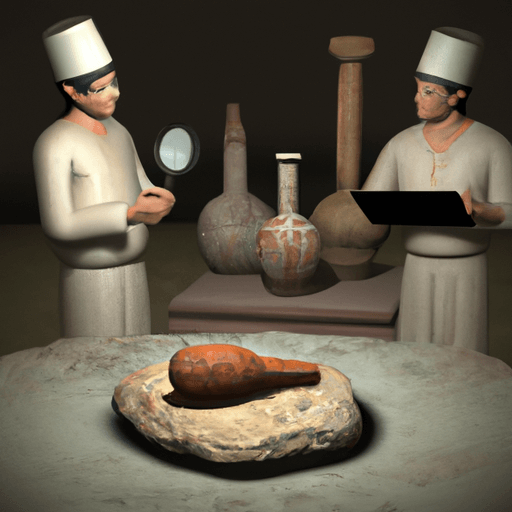Exploring Ancient Cooking Methods and Their Influence on Modern Cuisine
Ever wondered how modern day cooking methods were established? Why we grill, bake, or ferment food? To understand this, we must travel through the annals of culinary history, observing the varying modes of food preparation and cooking techniques employed by ancient civilizations. This exploration will reveal how ancient cooking methods have significantly influenced contemporary cuisine and how understanding these historical practices can enrich our modern culinary experience.
Prehistoric Roasting and Its Evolution
Traces of cooking methods can be linked to our prehistoric ancestors, who employed open fire roasting as a means to prepare their food. This rudimentary technique involved direct exposure of food to heat, resulting in a uniquely smoky and charred flavor. Today, widely-used techniques such as grilling and barbecuing can be seen as evolved versions of open fire roasting, keeping the essence of primal cooking alive in our culinary world.
Fermentation Techniques in Ancient Roman and Greek Societies
The ancient Romans and Greeks pioneered fermentation practices that have significantly shaped today's food and beverage industry. By mastering the art of fermentation, they were able to preserve food, enhance its nutritional value, and diversify their cuisine, creating iconic alcoholic beverages such as wine and beer in the process. Contemporary food preservation methods like pickling, culturing, and brewing owe their existence to ancient Roman and Greek fermentation techniques, underscoring the value of these practices in today's world.
Clay Oven Baking in Ancient Egyptian Cultures
Ancient Egyptians were among the first to utilize ovens for food preparation, particularly baking bread. Constructed primarily from clay, these ovens were domed-shaped and notably efficient. This baking method, known today as clay oven baking, yields phenomenal flavor profiles that are highly prized in cuisines around the world. As a testament to their influence, contemporary equivalents such as tandoors and pizza ovens have become integral parts of Indian and Italian cooking, respectively.
Learning From the Past to Enhance Our Future in Cooking
Understanding these historical cooking processes not only expands our knowledge about cuisine and food culture, but also provides us with creative inspiration. Grilling can become a more intuitive process when we recall our ancestry's primal roasting techniques, brewing products can gain depth with reference to ancient fermentation methods, and creating new flavors with baking can be improved by examining ancient Egyptian clay oven baking methods.
The world of cooking is a complex and intricate one, made richer by its historical past. By understanding and appreciating the time-tested practices of our ancestors, we can enhance our own cooking techniques, recipes and overall enjoyment of food. A journey through culinary history is a journey of discovery, deepening our appreciation of the art and skill behind modern food preparation.
As we continue to evolve and adapt these age-old cooking methods, we maintain a living connection to our past, preserving our culinary heritage while crafting the future of cuisine.
















Comments
Leave a Comment